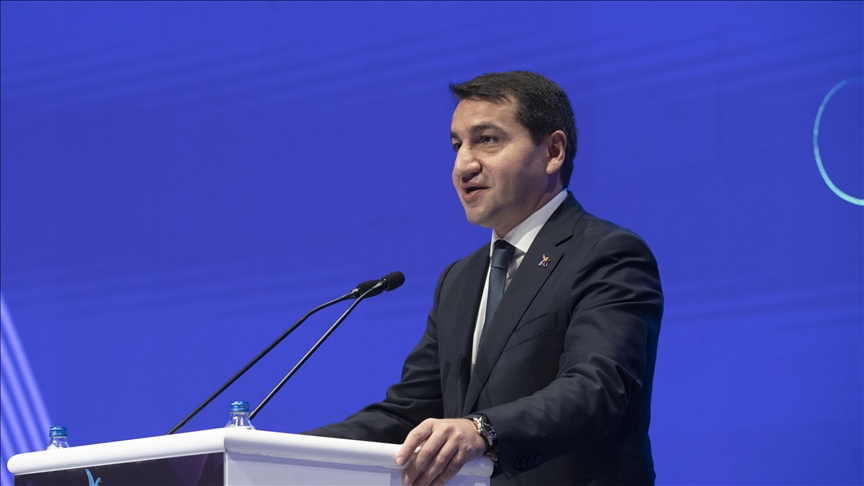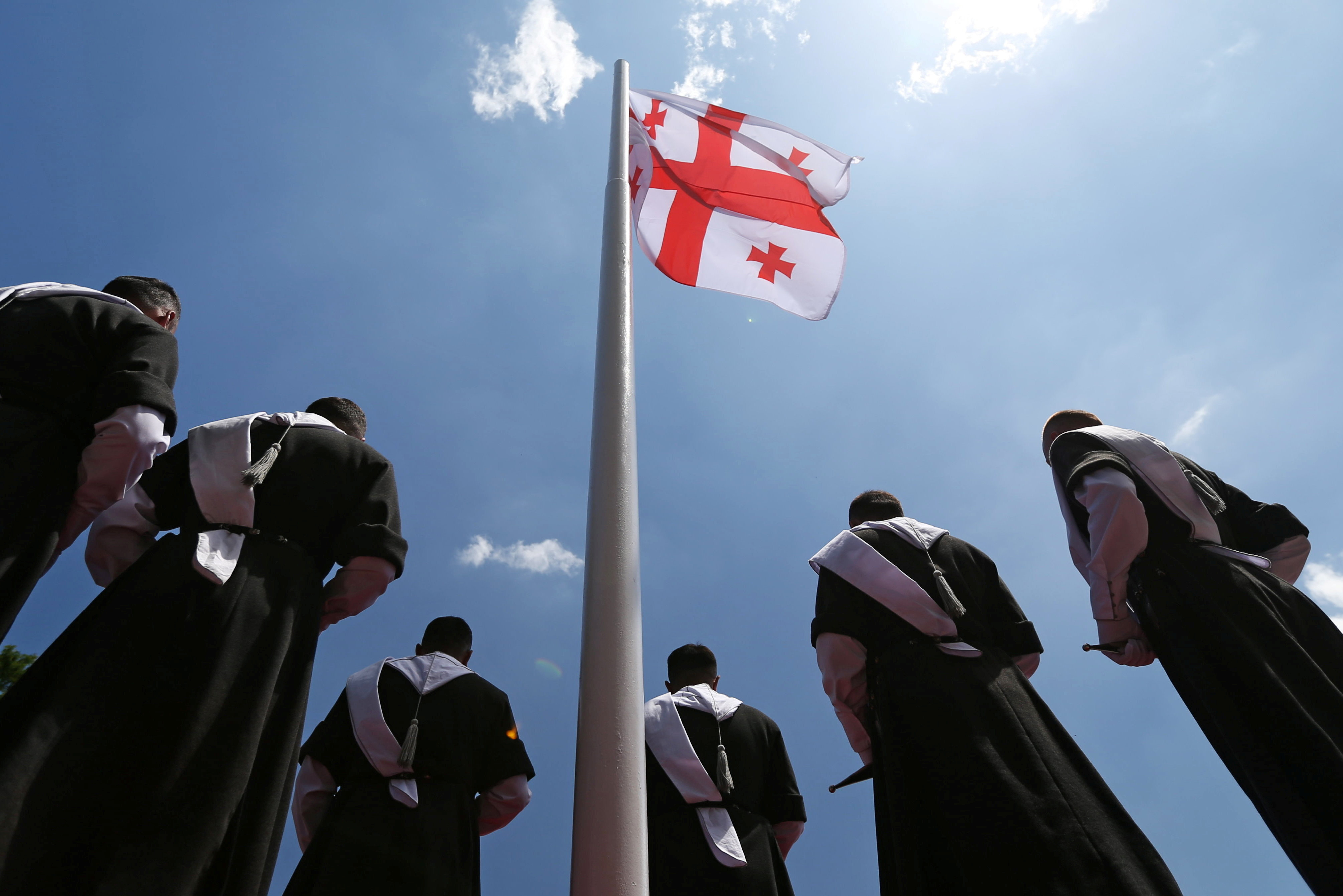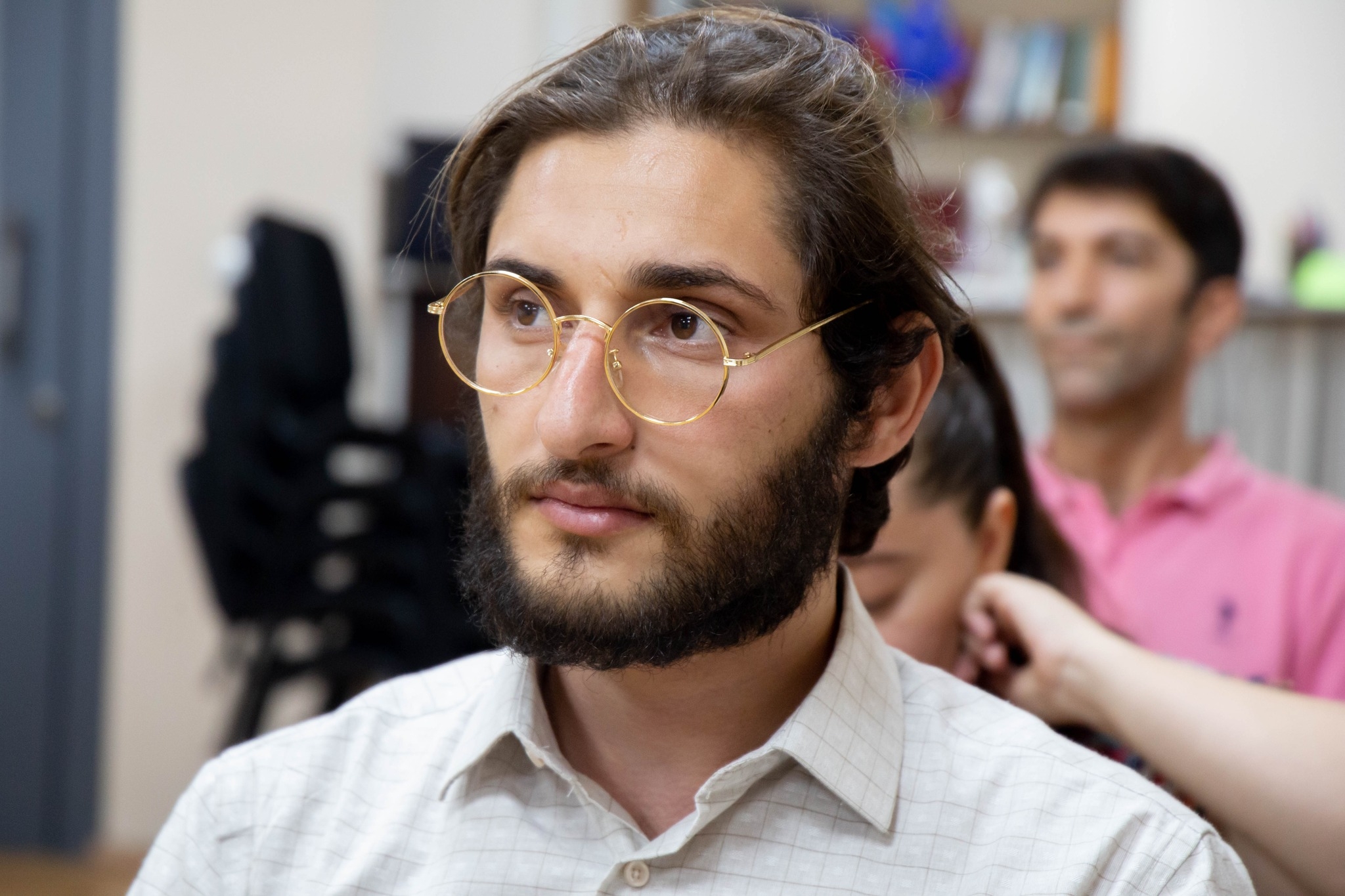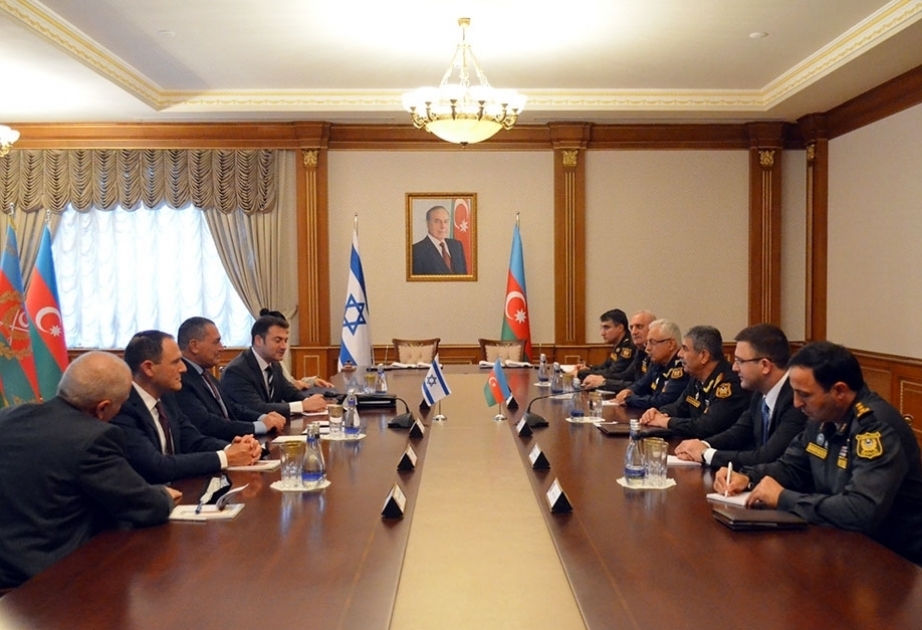
Sen. Bob Menendez (D-N.J.) expressed frustration Thursday with the Biden administration’s lack of urgency in addressing what the United States has described as a “rapidly deteriorating humanitarian situation” in Nagorno-Karabakh, a hotly disputed region at the center of rising tensions between Armenia and Azerbaijan.
Menendez, while chairing of a Senate Foreign Relations Committee hearing on the crisis, said he was “amazed” by the responses from Yuri Kim, the acting assistant secretary for the State Department’s Bureau of European and Eurasian Affairs.
“I have been doing this for 31 years. I am amazed sometimes at what the department comes before this committee and says,” he said at the end of the hearing.
The senator’s frustration centered on the administration’s application of Section 907 of the United States Freedom Support Act, which bans direct support to the Azerbaijani government. However, Kim listed various reasons that ban has been waived, mainly to bolster Azerbaijan’s anti-terror efforts and secure its border with Iran.
Menendez argued that the U.S. was only helping the regime of Azerbaijan’s authoritarian President Ilham Aliyev, whom the senator blamed for a blockade that has cut off Karabakh in apparent violation of a 2020 truce between Azerbaijan and Armenia.
“I have repeatedly expressed my deep opposition about waiving Section 907 of the Freedom Support Act, allowing the United States to send assistance to his regime,” he said. “This clearly alters the balance of military power between Azerbaijan and Armenia in Aliyev’s favor. I think Azerbaijan’s actions over the past three years have vindicated my skepticism.”
Earlier this year, Azerbaijani troops began a blockade of the Lachin corridor, which has reportedly led to the starvation of indigenous Armenians in the semi-autonomous Nagorno-Karabakh.
The U.S. State Department released a statement Sept. 10 warning of the “urgent need” for humanitarian supplies in the region, but it avoided assigning direct blame.
“The United States is deeply concerned about the rapidly deteriorating humanitarian situation in Nagorno-Karabakh,” the statement reads. “We note that humanitarian supplies are positioned near both the Lachin and Aghdam routes, and we repeat our call for the immediate and simultaneous opening of both corridors to allow passage of desperately needed humanitarian supplies to the men, women, and children in Nagorno-Karabakh. We also urge leaders against taking any actions that raise tensions or distract from this goal. The use of force to resolve disputes is unacceptable.”
When Menendez asked Kim why Aliyev refused to open to corridor despite numerous promises to do so, Kim responded, “We can have that conversation in a different setting, sir.”
Menendez shook his head before saying, “What would be classified?”
“I’ll give you an unclassified answer: He won’t open the corridor because he is trying to subjugate these people by starvation or by the threat of starvation and subject them to his will,” the senator continued.
In renewing the Section 907 waiver, the Biden administration has argued that targeted U.S. assistance is not undermining broader efforts to broker lasting peace between Armenia and Azerbaijan, who fought a 44-day war over Nagorno-Karabakh in 2020.
Yet the Armenian American community sees the extension of the waiver as a betrayal following Biden’s historic decision in 2021 to recognize, for the first time, the Armenian Genocide.
Menendez has been a consistent opponent of the waiver, and while the waiver is up for renewal, Menendez said he is doubtful the administration will change its stance.
Menendez delivered remarks on the Senate floor Tuesday urging the Biden administration to take immediate action in holding Aliyev accountable for the blockade, which has the characteristics of genocide, according to Article II of the U.N. Genocide Convention.
So far, there is one reported death amid severe food shortages in Nagorno-Karabakh, with many more expected to follow without immediate assistance. Kim noted that with U.S. pressure, one truck has made it through the blockade with humanitarian aid.
“One truck is not mercy,” Menendez said.
That truck was also Russian, which was cause for concern for members of the committee. Moscow mediated the 2020 ceasefire, but Kim said it was proving to be an unreliable broker.
Russia is Armenia’s sole provider of energy and has a military presence in the country. Kim said the crisis offered the U.S. an opportunity to rebalance Armenia’s geopolitical relationships in America’s favor, as Armenians become disillusioned with Russia as an ally amid the Ukraine war.
“[Armenians] are beginning to have second thoughts about having invited Russian troops onto their territory, relying on Russia as their sole source of energy, [and] hosting Russian military installations in their lands,” Kim said.
While Kim repeatedly reassured the committee that the State Department is working hard to reopen the corridor and avoid impending genocide, Menendez was unconvinced.
“I just hope you’ll tell the secretary [of State] on my behalf: I would hate to see this administration stand by and allow ethnic cleansing to take place on their watch and under their eye,” Menendez said.
Copyright 2023 Nexstar Media Inc. All rights reserved. This material may not be published, broadcast, rewritten, or redistributed.













